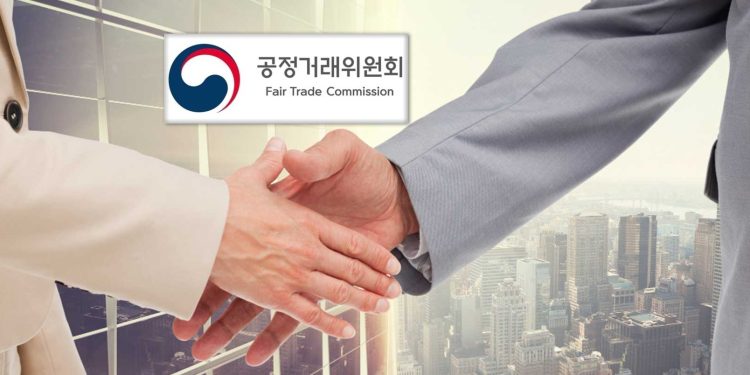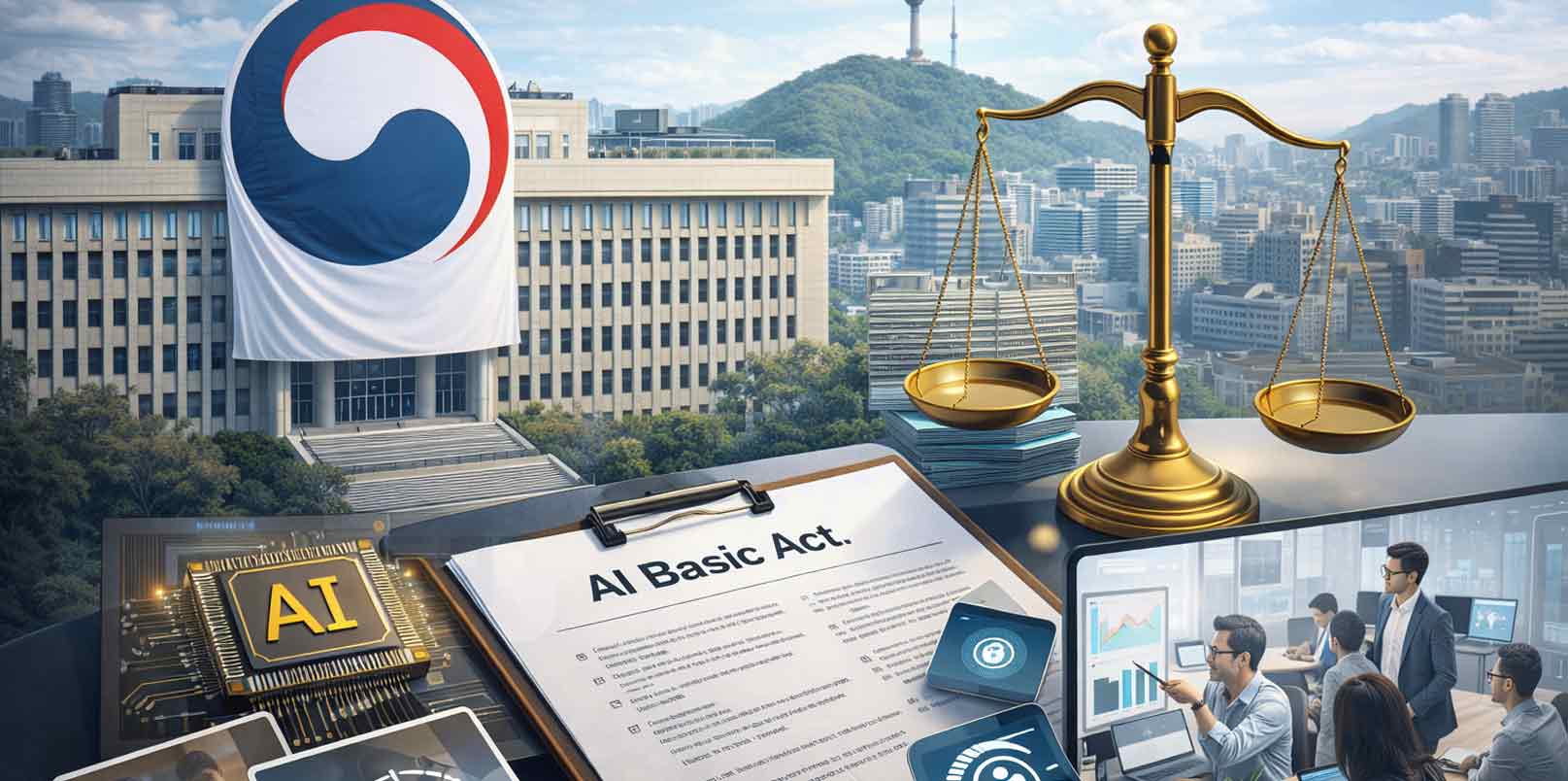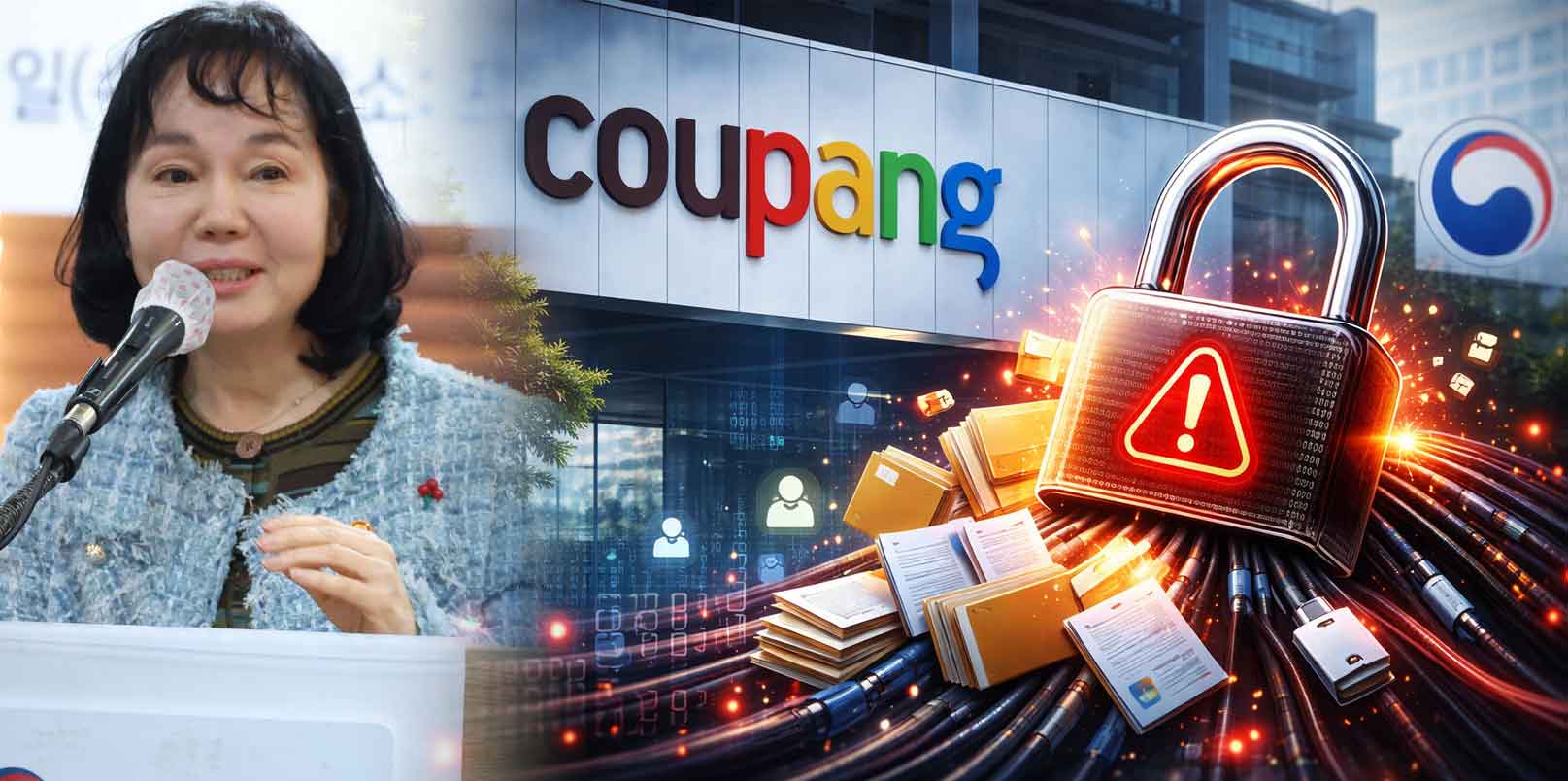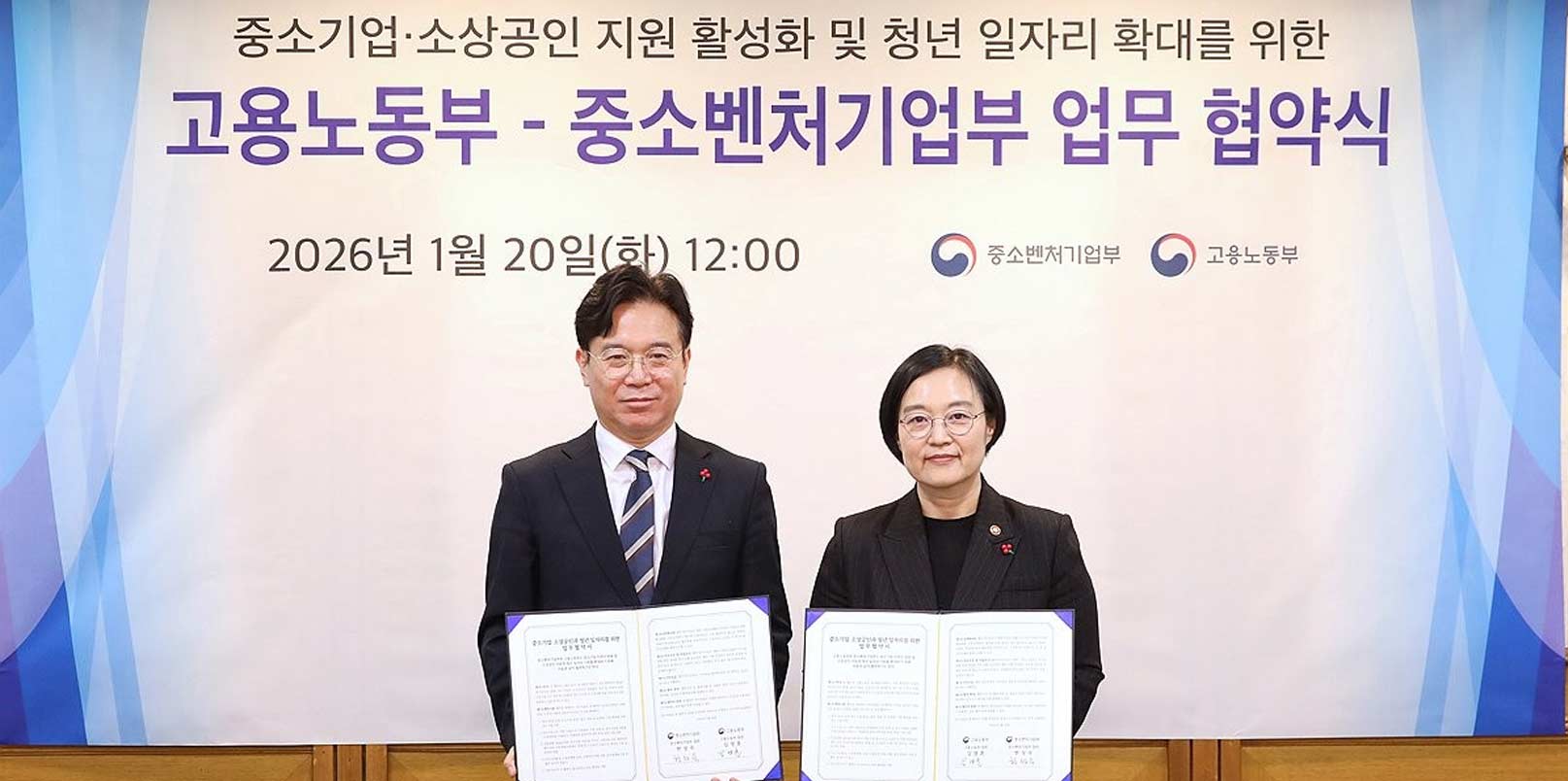Korea is taking a regulatory leap into the age of AI governance. The country’s Fair Trade Commission (FTC) has announced plans to launch an AI-powered platform that detects and prevents unfair subcontracting practices. While designed for all SMEs, the system holds major implications for startups working with large enterprises—reducing legal risk, ensuring fairer contracts, and strengthening trust in Korea’s innovation supply chain.
Korea’s Fair Trade Commission Unveils AI Platform to Detect Unfair Contracts
The Korea Fair Trade Commission (FTC) is developing an AI-powered platform designed to prevent unfair subcontracting practices and strengthen protection for smaller businesses in Korea’s supply chain.
The initiative, backed by a KRW 1.8 billion (USD 13 million) budget, is expected to launch by late 2026, marking one of the government’s most direct applications of artificial intelligence in public regulation.
The platform will automatically analyze, draft, and review subcontracting contracts, helping both contractors and subcontractors identify unfair clauses before signing. It will also streamline the FTC’s internal process for reviewing requests to reduce penalty points for violations, cutting administrative delays that previously discouraged SMEs from filing complaints.
AI in Korea’s Fair Trade Commission Regulatory Innovation
Korea’s move reflects a broader global shift toward RegTech—regulatory technology solutions that use AI to enhance governance, transparency, and compliance. The FTC’s project follows persistent criticism from SMEs and startup associations over imbalanced power structures in subcontracting, where large corporations often impose restrictive or one-sided contract terms.
This new system builds on the FTC’s earlier efforts, including the introduction of standardized subcontracting contracts by industry, but aims to address what experts call a “structural enforcement gap”—the inability to monitor and detect unfair practices at scale.
By integrating generative AI and machine learning, the platform can create first-draft agreements based on fair trade guidelines, benchmark past rulings, and flag potentially unlawful terms. This automation is designed to prevent disputes before they escalate into formal complaints or legal action.
Korea’s Fair Trade Commission Reform: How the AI Platform Works
According to FTC officials, users will be able to input basic contract information—such as contract type, value, and duration—and the AI system will generate a compliant draft aligned with Korea’s Subcontracting Act and relevant industry standards.
In addition to drafting, the platform will:
- Review thousands of contracts automatically to verify compliance with standard templates.
- Assist SMEs in penalty reduction reviews, improving the accuracy and speed of assessments.
- Offer shared access to small and mid-sized firms lacking internal AI infrastructure, ensuring equitable use of the technology.
The FTC also plans to establish strict data governance and ethical AI guidelines, ensuring all automated recommendations meet legal, privacy, and ethical standards.
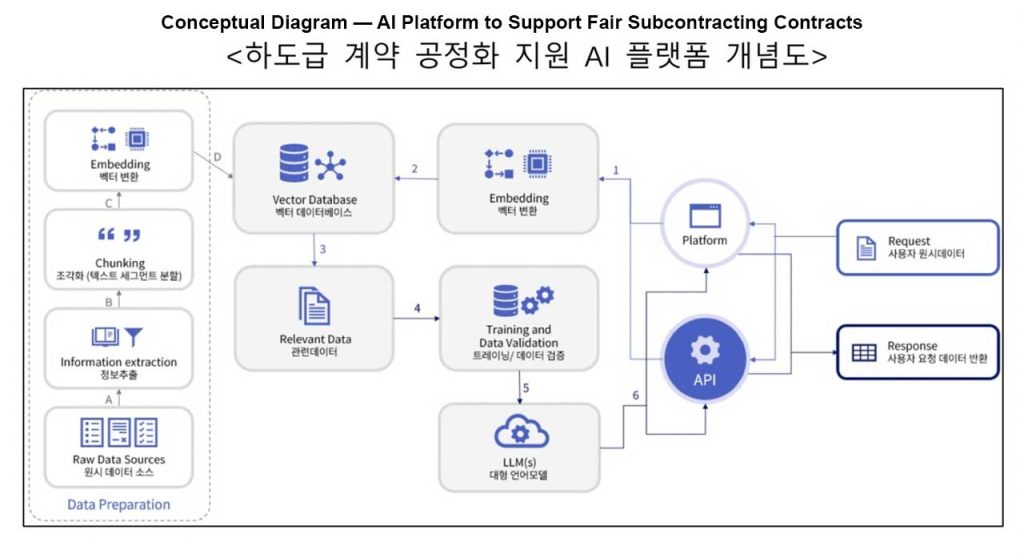
Protecting Fair Play in Startup Supply Chains
The platform is expected to have significant implications for startups working as technology vendors or service partners to major Korean conglomerates.
Many early-stage companies face challenges when negotiating contract terms with large clients that control payment timelines, ownership clauses, or exclusivity conditions.
An FTC spokesperson explained that,
“This system is being developed to enhance fairness and transparency across subcontracting transactions. By automating compliance checks, we aim to reduce disputes and create a business environment where smaller companies can focus on innovation, not legal risk.”
Industry experts agree that the policy could serve as a model for AI-driven governance in the Asia-Pacific region, particularly in countries exploring similar SME protection mechanisms.
AI-Powered Contract Reform: A Step Change for Korea’s B2B Startups
This initiative signals structural modernization of Korea’s business environment rather than a simple administrative tweak. Startups that act as B2B subcontractors in AI, SaaS, and R&D projects gain a practical tool to secure fairer terms and scale more sustainably.
At the same time, foreign investors should read this as a sign of stronger digital governance and lower operational risk, improving confidence in joint ventures and technology outsourcing arrangements with Korean partners.
In the broader innovation ecosystem, the FTC’s platform aligns with Korea’s Digital Government Strategy (DX) 2025, which prioritizes AI deployment across public institutions. The effort complements initiatives by the Ministry of SMEs and Startups (MSS) to digitalize compliance and funding systems.
AI Governance as Korea’s Next Exportable Model
The FTC’s upcoming AI platform is part of a wider trend in which Korea is embedding AI into policy infrastructure, merging digital transformation with governance reform.
If successfully implemented, it could become a global reference point for AI-based regulatory systems—balancing technological efficiency with ethical safeguards.
The platform’s long-term impact will depend on adoption among SMEs and startups. If widely used, it may redefine how business contracts are structured, monitored, and enforced across Korea’s innovation-driven economy.
– Stay Ahead in Korea’s Startup Scene –
Get real-time insights, funding updates, and policy shifts shaping Korea’s innovation ecosystem.
➡️ Follow KoreaTechDesk on LinkedIn, X (Twitter), Threads, Bluesky, Telegram, Facebook, and WhatsApp Channel.


